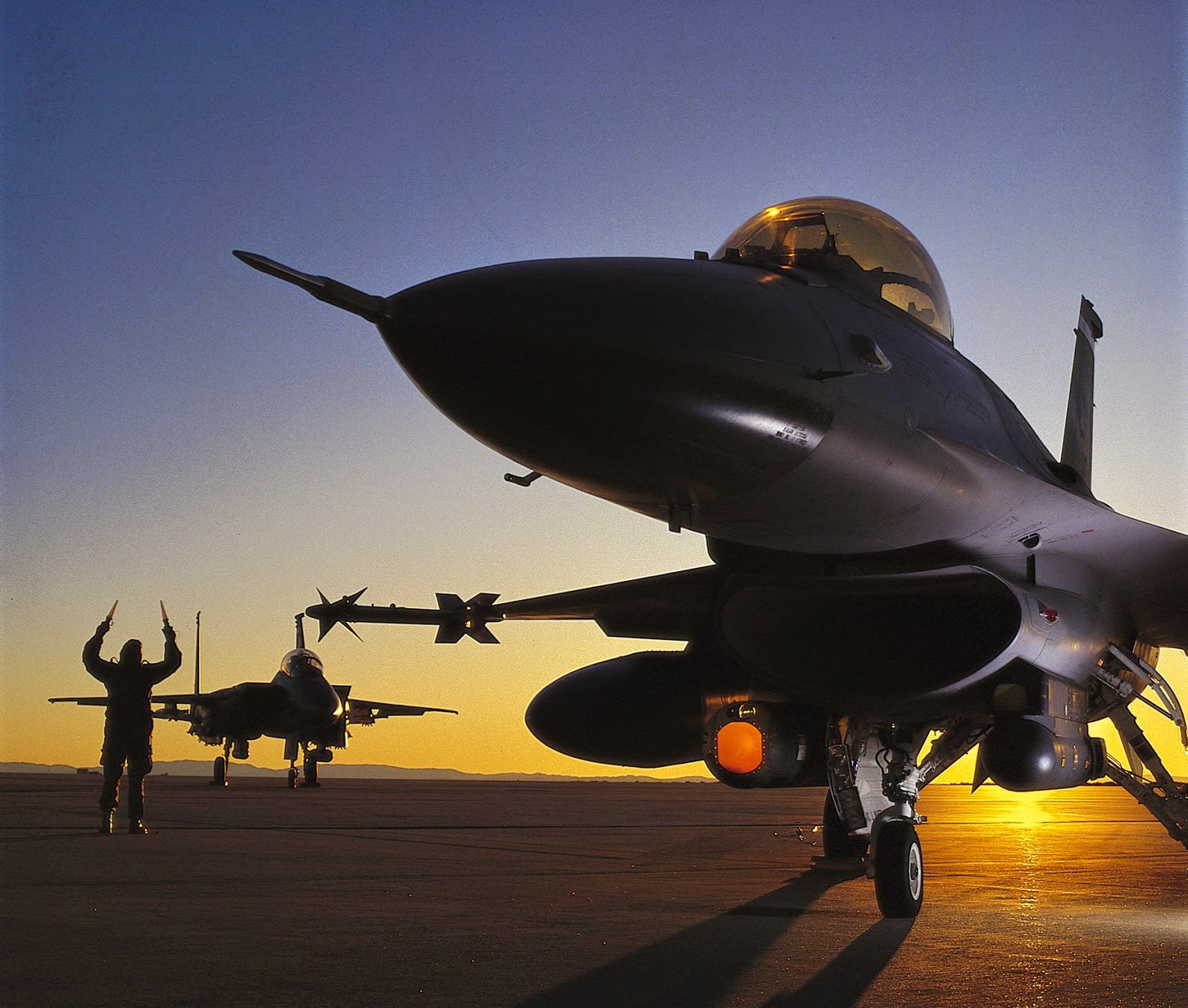The United States has expressed renewed concern about Russian military flights near U.S. borders and has warned Moscow to abide by international law. In a terse statement Thursday, State Department spokeswoman Jen Psaki acknowledged Russia's need for routine training activity. But she said the number of flights near North America had increased in recent months, and that the United States did not consider Russia's security environment as warranting such activity.
The European Leadership Network, a London-based research institute, said Russian fighter jets earlier this year were spotted conducting maneuvers near Canada and along the California coast. Psaki's statements also followed a recent Kremlin warning that Russian long-range bombers would begin regular patrols from the Arctic Ocean to the Caribbean and the Gulf of Mexico. Russian Defense Minister Sergei Shoigu linked the new patrols to the need to maintain Russia's military presence "in the current situation" — an apparent reference to the increasingly tense standoff between Moscow and the West over the pro-Russian rebellion in Ukraine.
The European Leadership Network said Russian aircraft had approached or violated NATO airspace nearly 40 times in the past eight months. In the latest incident, the Netherlands said two Dutch fighter jets Wednesday intercepted a Russian military transport in Baltic airspace. Russia denied the overflight occurred.
In Kyiv, meanwhile, Ukrainian military officials said the ongoing buildup of Russian military hardware in rebel-held eastern Ukraine now included long-range air defense and aviation teams. Military spokesman Andriy Lysenko also said Ukraine would continue to observe the cease-fire deal reached with pro-Russian separatists in September, despite what he said were Russia's attempts to disrupt it.
Moscow has repeatedly denied directly supporting the rebellion in Ukraine, and it has described Russian troops seen fighting alongside pro-Russian separatists in the east as volunteers. The Ukraine conflict, which erupted in April, has severely strained ties between Moscow and Washington, and it triggered a series of increasingly harsh Western economic sanctions aimed at punishing Russia for its role in the crisis.
On Thursday, Russian Prime Minister Dmitri Medvedev said it was up to the U.S. to improve relations. He said that doing so would require Washington to lift sanctions and resume what he called "productive talks."






















